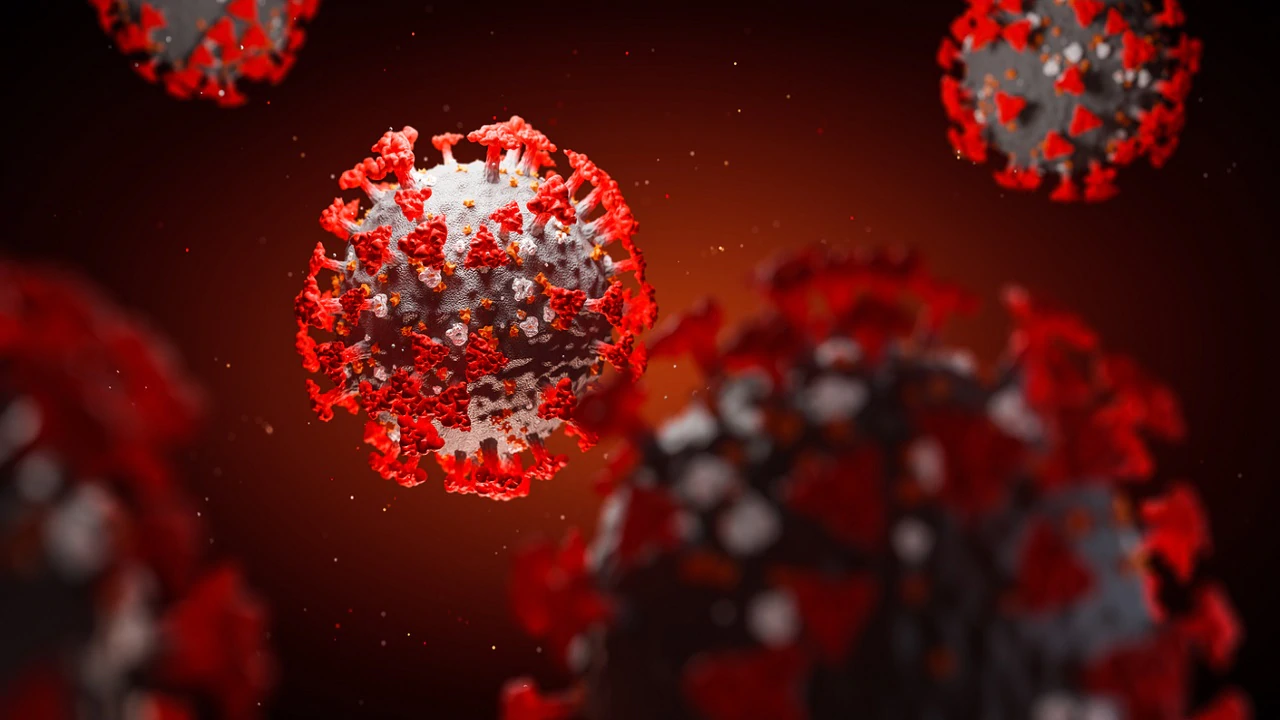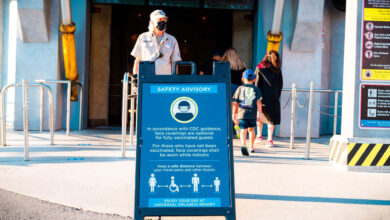Washington state detects South Africa coronavirus variant

[ad_1]
Washington state health officials announced Tuesday that a concerning coronavirus variant first detected in South Africa had been found in northwestern King County, home to Seattle.
The variant was discovered on Monday through genomic sequencing at the UW Medicine Virology Laboratory, per a news release from the state health department. Health officials said the patient tested positive on Jan. 29, but could not disclose any other details, like travel history, because contact tracing efforts could not reach the patient.
JOHNSON & JOHNSON COVID-19 VACCINE HAS ‘FAVORABLE SAFETY PROFILE’ FDA STAFF FINDS
“The detection of these COVID-19 variants in our state reminds us that this pandemic is not over,” Dr. Scott Lindquist, acting state health officer, said in the release. “Despite the decrease in our case count, we are very concerned about the emergence of these variants and how it will affect our future case counts. As a community, we need to re-double our efforts to prevent the spread of this virus and its variants by following public health guidance.”
State data shows new confirmed cases have been gradually declining since early January, dropping below the 1,000 mark more recently.
The health department also announced 19 more cases of the B.1.1.7 variant first detected in the U.K., for a total of 39.
Dr. Jeff Duchin, health officer for public health in Seattle and King County, said the B.1.1.7 variant is more transmissible than previous strains, while the B.1.351 variant may lower vaccine effectiveness. Scientists in the U.K. previously estimated the B.1.1.7 variant could be up to 70% more transmissible, while researchers in South Africa have estimated the strain originating there could spread about 50% more readily.
Several companies are exploring variant booster shots in a bid for more protection against the strains. Both Pfizer and Moderna have said protection against the B.1.351 variant in particular remains unclear. Studies have suggested the variant dropped the Pfizer vaccine’s neutralization power by about two-thirds, while Moderna saw a six-fold reduction in neutralizing antibodies.
Data compiled by the Centers for Disease Control and Prevention (CDC) lists 46 reported cases of the B.1.351 variant across 14 states, with about 1,880 reported cases of the B.1.1.7 strain across 45 states. CDC models have projected the B.1.1.7 strain will become dominant in the U.S. in the coming weeks.
[ad_2]
Source link




